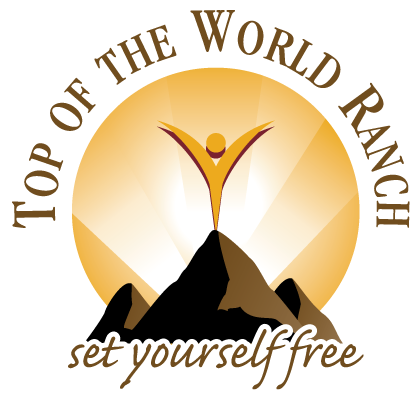Entering into recovery from drug and alcohol addiction is a courageous and life-changing decision. However, the toxins from drugs and alcohol can disrupt the chemical and physiological processes in your brain and body. To support your recovery journey, it is crucial to adopt a healthy lifestyle that includes a well-balanced diet. At Top of the World Ranch, we understand the importance of healthy eating in recovery and strive to provide our guests with nutritious and delicious meals. Continue reading to learn more about the benefits of healthy eating, the negative side effects of addiction on nutrition, and practical tips to promote a healthy and happy sober life.
The Impact of Addiction on Nutrition:
1. Malnutrition: Drug and alcohol addiction can lead to poor dietary choices, resulting in nutrient deficiencies and malnutrition.
2. Electrolyte Imbalance: Substance abuse can disrupt the body’s electrolyte balance, which is crucial for proper nerve and muscle function. Replenishing electrolytes is essential during recovery.
3. Decreased Immune System: Drugs and alcohol can weaken the immune system, making individuals more susceptible to infections and illnesses.
4. Weigh Issues: Addiction can cause both weight loss and weight gain, leading to imbalances and potential health complications.
5. Chemical Changes: Substance abuse alters the body’s chemistry, impacting metabolism, hormone regulation, and overall well-being.
Promoting Healthy Eating in Recovery:
1. Well-Balanced Meals: Focus on consuming a variety of nutrient-rich foods, including lean proteins, whole grains, fruits, and vegetables.
2. Electrolyte-Rich Foods: Incorporate foods high in potassium, magnesium, calcium, and chloride into your diet. Additionally, staying hydrated by drinking plenty of water is essential for electrolyte balance.
3. Immune-Boosing Nutrients: Consume foods high in zinc, iron, selenium, folic acid, and vitamins A, B6, C, D, and E to support and strengthen your immune system. If needed, consult your doctor about appropriate supplements.
4. Stress Relief Activities: Engage in stress-relieving activities such as yoga, meditation, journaling, or engaging with nature to manage stress levels, which can impact eating habits.
5. Regular Exercise: Incorporate regular physical activity into your routine to enhance overall well-being, improve mood, and support a healthy lifestyle.
6. Quality Sleep: Prioritize getting sufficient sleep, as it plays an important role in maintaining your mental and physical well-being. Aim for a consistent sleep schedule and develop a relaxing bedtime routine.
At Top of the World Ranch, we understand the importance of healthy eating in recovery. By adopting a well-balanced diet, replenishing vital nutrients, and incorporating stress relief activities, exercise, and quality sleep into your routine, you can offset the negative effects of addiction on your body and mind. Remember, recovery is a holistic process, and nourishing yourself physically and mentally is key to achieving a healthy and happy sober life.
If you or someone you know is struggling with addiction please reach out to us.

